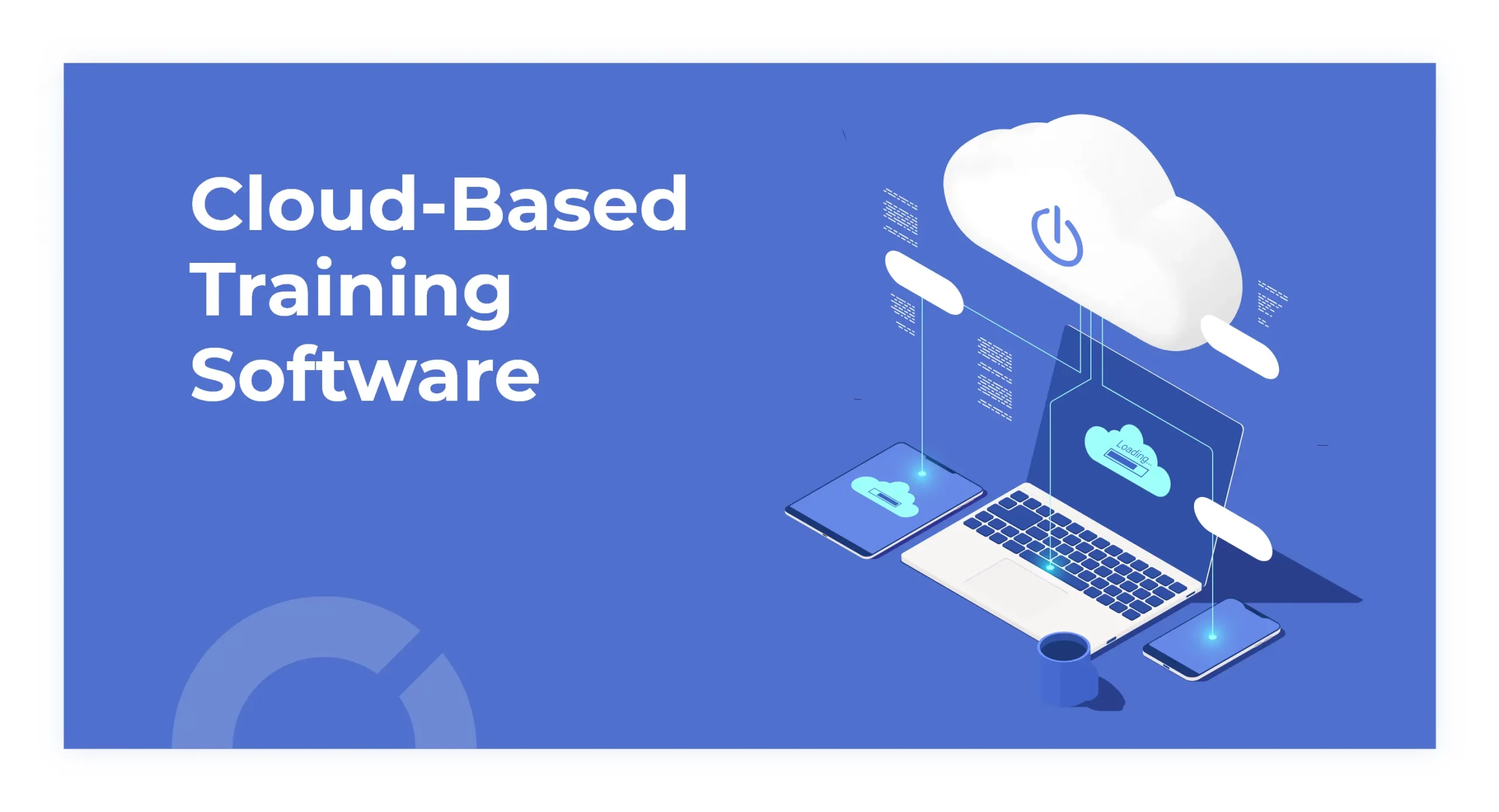Apprenticeship Management Programs are becoming increasingly popular as organizations seek to develop and nurture a skilled workforce. Apprenticeships offer a great opportunity for employers to provide on-the-job training and support to new and emerging talent. For apprentices, they offer a chance to learn valuable skills, develop their career, and gain valuable experience while earning a wage.
Importance of Apprenticeship Management System
An Apprenticeship Management System (AMS) is a software application that is designed to help organizations manage the entire lifecycle of an apprenticeship program. It typically includes features such as tracking apprentices’ progress, managing course schedules, tracking performance, recording competency assessments, and reporting. AMS can also help organizations with apprenticeship recruitment, onboarding, and compliance.
Apprenticeship Management Software is an effective way to train and develop employees who are looking to gain new skills and knowledge. These programs can provide a wealth of benefits, such as increased employee morale, improved productivity, and cost savings. However, in order to be successful, an apprenticeship management program must be managed properly.
For organizations, a successful apprenticeship management system is essential for long-term success. Here are a few keys to a successful apprenticeship management program.
- Establish Clear Goals and Expectations: The first step to successful apprenticeship management is to define the goals and expectations for the program. It is important to set realistic goals that are achievable and measurable. Make sure that these goals are clearly communicated to all participants.
- Create a Comprehensive Plan: Once goals and expectations have been established, the next step is to create a comprehensive plan for the program. This plan should include the detailed steps needed to achieve the program’s goals. It should also include an outline of the resources needed to implement and monitor the program.
- Assign Responsibilities: Apprenticeship management programs require the involvement of multiple stakeholders, including employers, apprentices, and training providers. It is important to assign roles and responsibilities to each stakeholder so that they understand their role in the program.
- Develop a Continuous Assessment System: Monitoring is an essential part of any apprenticeship program. A monitoring system should be developed that tracks the progress of the apprentices and provides feedback. This system should be designed to identify any areas of concern and provide feedback to stakeholders. An apprenticeship tracking system eases this monitoring task and generates detailed reports on the training progress of trainees.
- Provide Ongoing Support: It is important to provide ongoing support to all participants in the program. This includes providing feedback, resources, and advice to ensure the program is successful. Mentoring and coaching should also be offered to apprentices throughout the program. Apprenticeship learning management system can be a great way to develop employees and provide them with new skills and knowledge. However, in order for these programs to be successful, they must be managed properly.
- A Dedicated Team: The success of an apprenticeship program rests largely on the shoulders of the team responsible for its implementation and management. This team should include dedicated individuals with experience in apprenticeship management, recruitment, and training. The team should also include representatives from both the employer and the apprentices, to ensure that everyone’s needs and interests are taken into account.
- Effective Recruitment: Recruiting the right apprentices is key to the success of an apprenticeship program. The recruitment process should be thorough and well-documented, to ensure that the right people are chosen. It should also include a rigorous screening process to ensure that only the most suitable candidates are chosen.
- Quality Training: The quality of training provided to apprentices is essential. It should include not just the technical skills needed for the job, but also the soft skills needed for working in a team environment. To ensure that the apprenticeship program is successful, the training should be tailored to the individual needs of each apprentice.
- Support and Mentoring: Mentoring and support are also essential for a successful apprenticeship program. Apprentices should have access to a mentor who can provide guidance and support throughout their apprenticeship. This should include advice on technical skills, as well as support to help the apprentice manage their workload and personal development.
- Encouragement and Recognition: Apprentices need to be encouraged and recognized for their efforts. Regular feedback and praise can help to motivate and inspire them, while awards and other forms of recognition can help to show that their hard work and dedication are appreciated.
Summing up
By following these keys, organizations can create successful apprenticeship management programs with good apprenticeship management software. Such programs can provide valuable opportunities to employers and apprentices alike, helping to ensure a skilled and motivated workforce for the future.
Now, here’s a good news to the ones looking for an ideal apprenticeship management system. Olive VLE has a dynamic Apprenticeship Management Software that covers all kinds of apprenticeship tracking and management solutions in an organisation. Try it out today itself and see how incredibly our software is going to transform your apprenticeship programs.







